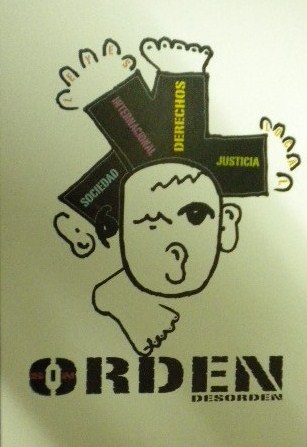
The fight for freedom has been, to a large extent, the fight to restrain the power of the State, mainly through the creation of recognized spaces of individual freedom. The idea that certain rights derive from the very nature of man was developed by different positions on natural law, both was based on the idea that such rights were granted to man by God, as well as having developed starting from concepts of human nature itself.
Several expressions were used interchangeably to refer to what are commonly designated as human rights: fundamental human rights, rights, freedoms, individual rights, etc. The recognition and legal protection of such rights is intended to offer a necessary path by which human development should be treated at all levels.
These rights have a set of characteristics that distinguish them, namely:
– Inborn or Inherent: All human beings are born with rights, so that the state can not grant them, and one must recognize and protect themas a norm.
– Needed: Being derived from human nature itself, they should be considered necessary, so the distinction is imposed by the legal system.
– Inalienable: Belonging to humans by their very nature they can not be divided, transferred, alienated or waived.
– Imprescriptible: They cannot be extinguished or lose value, either because the person does not exercise them voluntarily or is prevented from doing so.
– Enforceable erga omnes: They can be enforced against any person, whether natural or juridical.
– Indivisible and Interdependent: There cannot be a hierarchy with one right above another, but as an entire set they should bein full effect and achievable.
– Universal: They must apply to all people, regardless of race, skin color, national origin, sex, religion, social status, domicile, residence, etc.
20 April 2013

